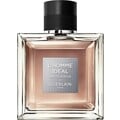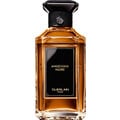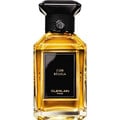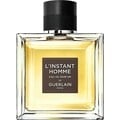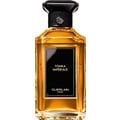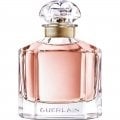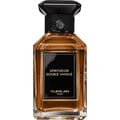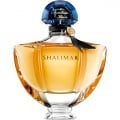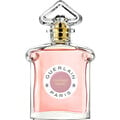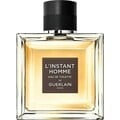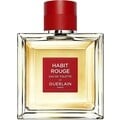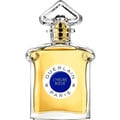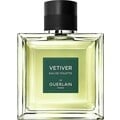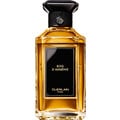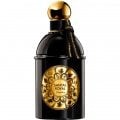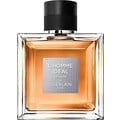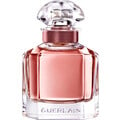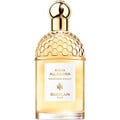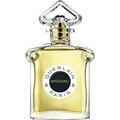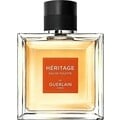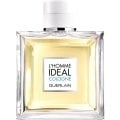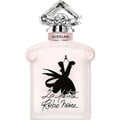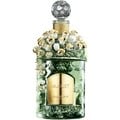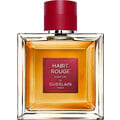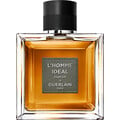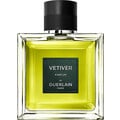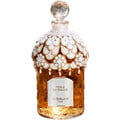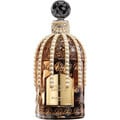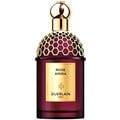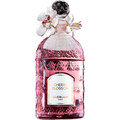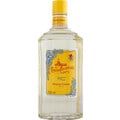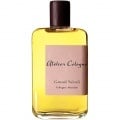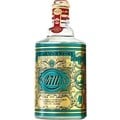06/08/2020

FvSpee
249 Reviews
Translated
Show original

FvSpee
Top Review
35
Colonia instead of Corona, No. 18: A right Cologne man...
Despite all national pride about the German invention of cologne with Italian help: Eau de Cologne Impériale by Guerlain is for me the perfection of the genre; the ultimate in the most classic of all Cologne variations. The Farina five-note sound of lemon, bergamot, neroli, lavender and rosemary is also completely present here, but in what perfection! Soft as a white silk handkerchief, yet bright and sparkling like finely cut glass in the sun! Infinitely fresh and invigorating, yet not gruffly stirring, but gentle and flattering.
The lemon is slightly but noticeably shifted from the bergamot-lemon line to the (light) lemon, but the sour tip is taken by perfectly dosed mild aromatic orange. The lemon verbena gives a very distinctive, bitterish touch; and a more beautiful base than the mayberry-like tonka bean in a gentle spring breeze from the cedar forest is unthinkable.
The lightness of the fragrance leaves only the choice of accepting a ridiculously ephemeral shelf life or applying the cologne in the most generous dosage - despite the not exactly low price. Imperial either way.
Eau de Cologne Impériale, the "Imperial Eau de Cologne", is named after Napoleon, but not after Bonaparte, but after his nephew Napoleon III, who started out as President of the Republic and then became Emperor. Eugénie, his beautiful wife, is said to have loved this fragrance.
Nevertheless, I have to think here of Goethe, who was not only a contemporary and to a certain extent an admirer of the first Napoleon, but even had breakfast with him in 1808. In Faust, he has the brander say: "A right-wing German man may not suffer Frenchmen, but he likes to drink their wines". With this truly stately Cologne, even the most envious Cologne man will feel compelled to make a confession: "A right Cologne man may not suffer Frenchmen, but he likes to smell this scent here!
The lemon is slightly but noticeably shifted from the bergamot-lemon line to the (light) lemon, but the sour tip is taken by perfectly dosed mild aromatic orange. The lemon verbena gives a very distinctive, bitterish touch; and a more beautiful base than the mayberry-like tonka bean in a gentle spring breeze from the cedar forest is unthinkable.
The lightness of the fragrance leaves only the choice of accepting a ridiculously ephemeral shelf life or applying the cologne in the most generous dosage - despite the not exactly low price. Imperial either way.
Eau de Cologne Impériale, the "Imperial Eau de Cologne", is named after Napoleon, but not after Bonaparte, but after his nephew Napoleon III, who started out as President of the Republic and then became Emperor. Eugénie, his beautiful wife, is said to have loved this fragrance.
Nevertheless, I have to think here of Goethe, who was not only a contemporary and to a certain extent an admirer of the first Napoleon, but even had breakfast with him in 1808. In Faust, he has the brander say: "A right-wing German man may not suffer Frenchmen, but he likes to drink their wines". With this truly stately Cologne, even the most envious Cologne man will feel compelled to make a confession: "A right Cologne man may not suffer Frenchmen, but he likes to smell this scent here!
24 Comments

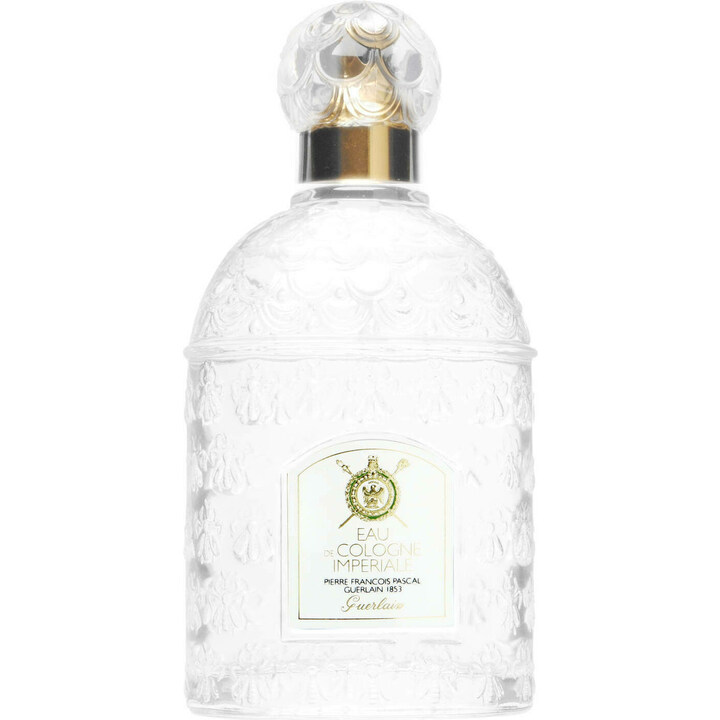


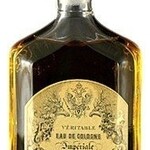
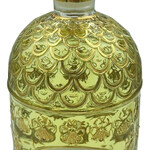
 Top Notes
Top Notes 




 Heart Notes
Heart Notes 
 Base Notes
Base Notes 










 PostMortem
PostMortem Apicius
Apicius